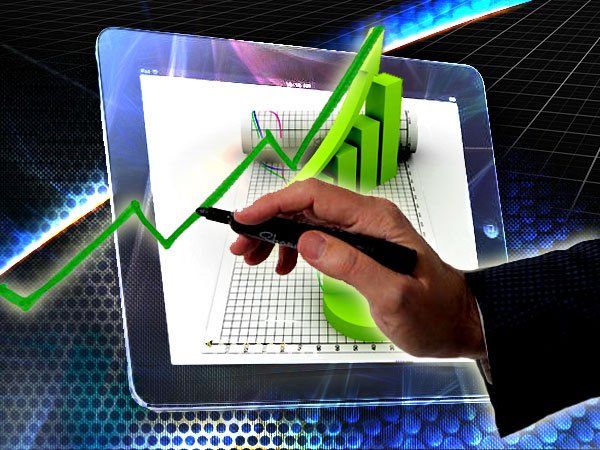DIGITIZATION IN THE PAYMENT WORLD
Published by Gbaf News
Posted on June 19, 2015
3 min readLast updated: January 22, 2026

Published by Gbaf News
Posted on June 19, 2015
3 min readLast updated: January 22, 2026

By Mr. Mohamed Horani, CEO and Chairman of HPS.
Technological developments are changing consumer habits, business activities, competition, regulation, the role of States, and many other areas which are changing every day as a result of the galloping digitization.
Digitalization is maturing, starting from gadgets, digital devices have established themselves in our daily lives and have become necessary parts of our daily lives. Today, with a watch you can read the exact time, make a phone call, know the weather, store a boarding card, pay for shopping, measure your heart rate, follow a sports match and update your Facebook account!
We can view the new watch as a threat to the traditional watch, or we can imagine all the positive benefits that it might give rise to. For instance, if we can measure a heart rate via a watch, this could revolutionize hospital care.
2008 marked with the start of a new financial world, even if we were not aware of it at the time. What emerged from the financial crisis was a new economic system based on sharing and collaboration. This new world was driven into existence by two major changes, firstly communication, with the gradual spread of the Internet of Things, and secondly energy, with the arrival of new sources of energy.
Digitization is a human development issue that puts the user at the center of the debate, and presents a great opportunity for a new sharing economy.All areas of the economy are affected by the digital transformation. Tourism, media and banking are the most advanced; while sectors such as construction, agriculture and public services are still lagging behind.
New entrants are challenging the traditional players, using entirely digital means. For instance Uber, the largest taxi company, has no vehicle and Alibaba, the largest trader in the world, has no stock.
The payment industry is also in full digital transformation most noticeably in the mobile payment space. It is booming worldwide, and is now the object of a wild race between banks, telephone operators, international organizations of payment, technology companies, large retailers and many other entrants seeking new opportunities beyond their traditional activities.
HPS firmly believes that the rate of change can only increase, democratizing access to electronic payments and contributing to financial inclusion. They provide great opportunities for all market players.
According to a report published by McKinsey in October 2014, growth in the payment industry is built on sound foundations and is expected to be reinforced in the coming years.
Revenues increased by 6% in 2013 reaching 1.6 trillion dollars, and accounted for 41% of the revenues of banks in the world. The annual growth rate of the payment industry should reach 8% in 2018, and should boost payment income to 2.3 trillion dollars.
The bad news is that according to the same report by McKinsey, the margins on revenues have been under pressure for the last 5 years. The most striking example is the new regulation of the European Commission of the interchange, which is likely to come into force in 2016. In its current form, it would cause the evaporation of $ 7.2 billion of the revenues in Europe.
The key to facing these challenges is technology, as it gives companies the tools they need to adapt in an ever changing environment.
Explore more articles in the Technology category











